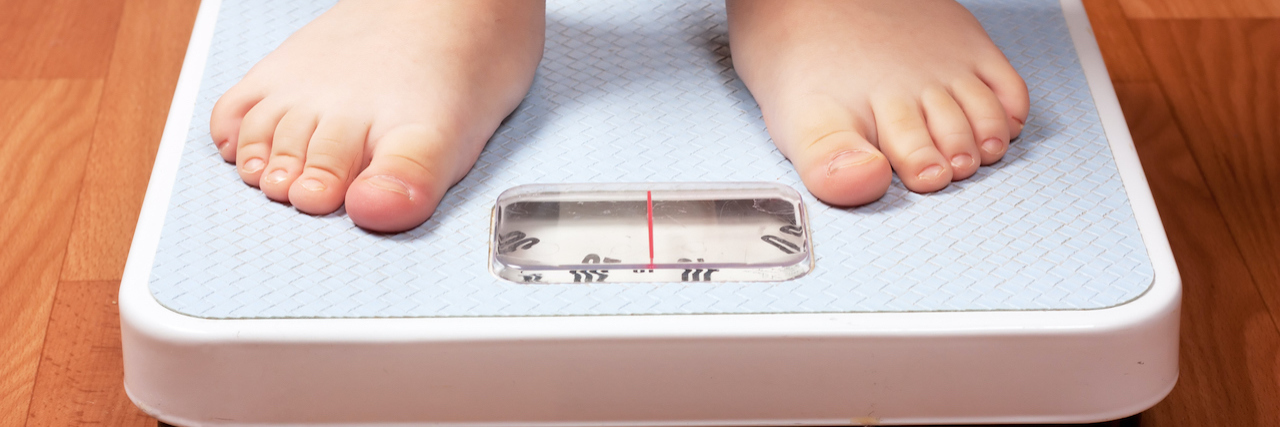How Fatphobia and the Focus on 'Childhood Obesity' Affected Me
Growing Up
September is National Childhood Obesity Awareness Month — a month that aims to bring awareness of the rising “epidemic” of obesity in today’s children. As an adult in recovery from multiple eating disorders that developed when I was a child due to stigma from said “childhood obesity,” I find this month incredibly concerning. There is a difference between wanting to teach children healthy practices that will improve their physical — and mental — wellbeing and highlighting something that is fatphobic and shaming. Fatphobia is harmful in so many ways, and unfortunately, it is hidden within National Childhood Obesity Awareness Month.
Growing up, I was one of the only children in my class who existed in a larger body. I still recall the name calling and extreme bullying that I suffered, which seemed to come from a focus on “childhood obesity” and the practices they put us through in gym class. One of these practices, for instance, was having our body fat measured each year, and our weight recorded, all in front of the other children in the class. Not to mention the physical tests that we were put through — such as having to do timed physical tests that recorded how many sit ups, pushups, etc. that we could perform — again, all in front of the rest of the children in our class. I had a gym teacher who would express concern over my weight when measuring my body fat each year and who even called my parents to express concern over my size.
This practice did nothing to teach me habits that are beneficial for respecting my body and appreciating everything my body can do. Instead, it put focus on my biggest “failing” — that I was fat — and emphasized that something was inherently wrong with my body, and that I should be ashamed of it. The danger of “obesity” was translated to me so many ways growing up, and these practices also taught my peers that something was deeply wrong with me and that I was somehow lesser due to my size.
Feeling ostracized from my peers, and believing my body was somehow a disgrace, developed into my primary focus being changing my appearance so that others would accept me and so I would be “happier,” as though changing my body size was the key to my life’s happiness.
This obsession took the focus away from my hobbies and the passions that made me feel alive and helped me to enjoy life. This obsession consumed my true self and turned me into someone who was praised by others simply because I was losing weight quickly and my eating habits translated to me being a “good” person. Instead of learning healthy habits that benefit my body and mind, I developed habits such as restriction, and to this day I still struggle with eating, which makes my recovery journey extremely difficult. Not to mention my issues with my body and self-image. I don’t remember a time when it wasn’t translated to me that my body was wrong and that I was less of a person than others because I didn’t “fit in,” and it deeply saddens me to think about how much of my life has been consumed by trying to make myself smaller — both in body size and personality — and how much of my adult life has been dealing with the physical, mental and social consequences of my eating disorders.
Focusing on teaching children healthy habits is not a bad thing. Rather, it is harmful when our focus on “childhood obesity” is translating to children that their bodies are wrong, and that they should be ashamed. What we should be teaching our children is that their bodies are perfect as they are, while teaching them healthy habits — both with nutrition and movement — that teach them how to respect their bodies and to appreciate their bodies for everything they are capable of.
My challenge for all of us is to change “National Childhood Obesity Month” by teaching our children that their bodies are inherently good, while also teaching them healthy nutrition and movement habits that will make them feel good about appreciating their bodies through these habits. Body size should not be a concern for children as it is dangerous in terms of encouraging bullying and the development of eating disorders. We need to take care of our children’s mental and social health, and the first step in doing so is focusing on positive habits instead of the “evils” of body size.
Getty image by AGorohov

